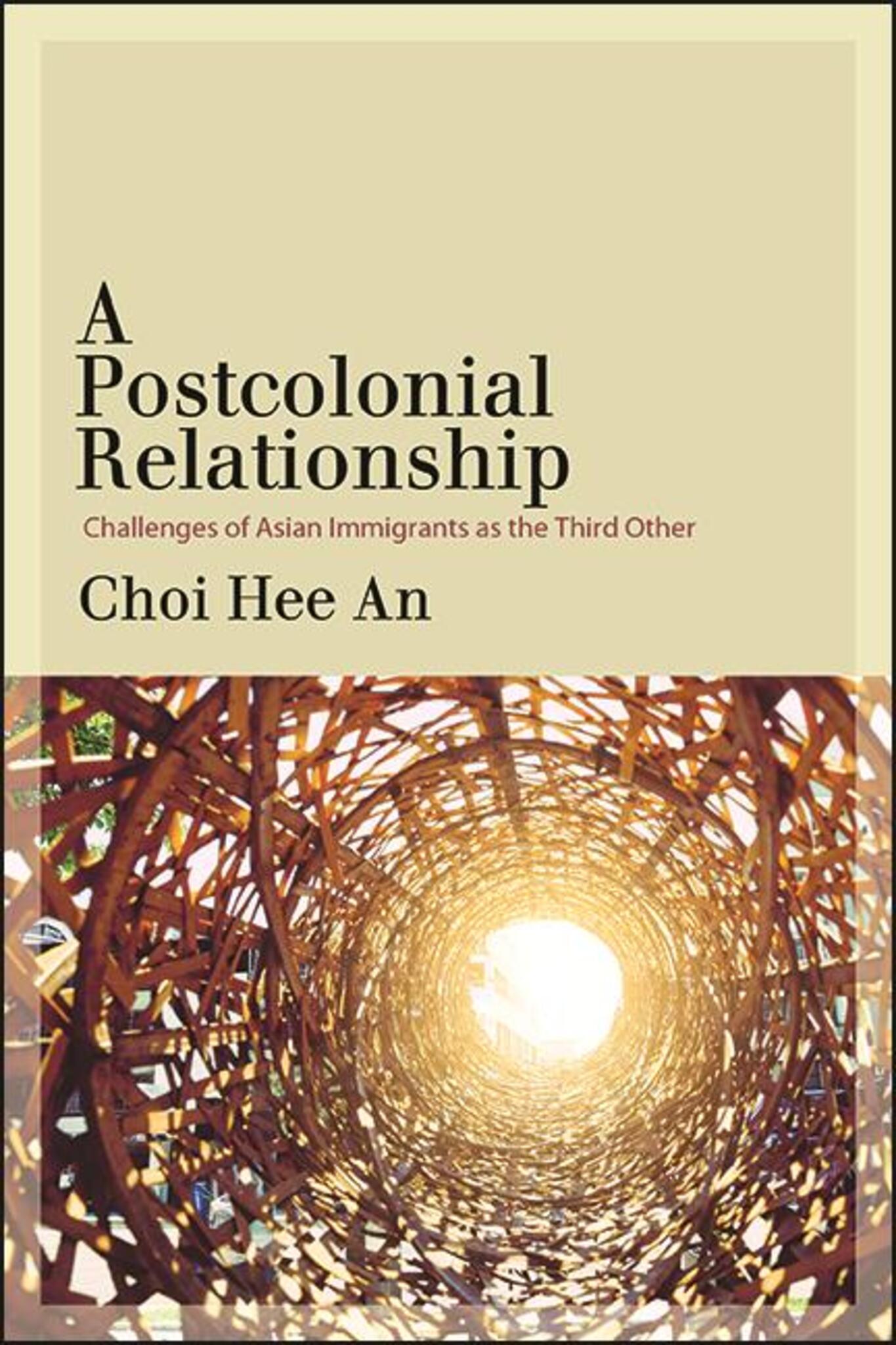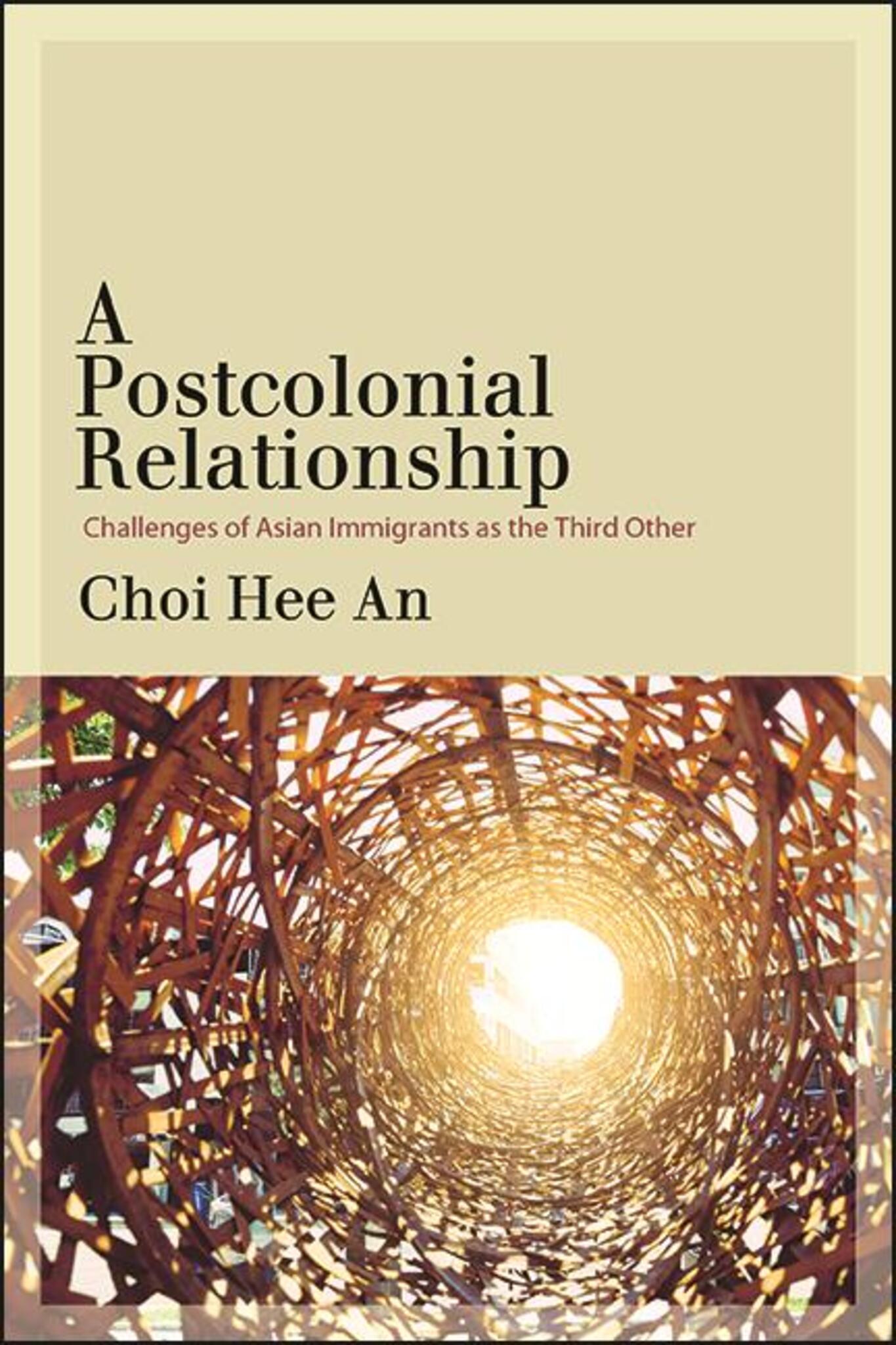We're sorry. An error has occurred
Please cancel or retry.
A Postcolonial Relationship

Some error occured while loading the Quick View. Please close the Quick View and try reloading the page.
Couldn't load pickup availability
- Format:
-
02 July 2022

Offers an Asian immigrant perspective on US racial relations and explores the unique situations and challenges facing Asian immigrants in the United States.
A Postcolonial Relationship critically examines the problems of current US racial relations from an Asian immigrant perspective and provides a new understanding of the complications that Asian immigrant groups experience as the "third other." Choi Hee An dismantles black/white and native/alien binary concepts from an Asian immigrant perspective and explores the deeper understandings of postcolonial relationships that Asian immigrants face. By deconstructing black/white, native/alien, and host/guest binary divides, this book addresses the current structures of sociohistorical binary paradigms, investigates the unique challenges of Asian immigrant positions, analyzes the reality of their third otherness, and explores the possibilities of transforming binary relationships into postcolonial relationships based on ethical and theological religious traditions and practices in Asian immigrant contexts.


"This book is an invaluable resource for both scholars and pastors who struggle to understand the complex dynamics of racial relations and seek to build a racially just society." — International Journal of Practical Theology
Acknowledgments
Introduction
1. Sociopolitical Postcolonial Relations of Asian Immigrants: Struggle between Black/White Racial Binary and Native/Alien Binary
Black/White Racial Binary
Problems in the Black/White Racial Binary Divide
Native/Alien Binary
What Is Nativism?
Nativism as Antiforeignness
Nativism as Nation Building/National Interests
Who Are Natives? Territorial Controllers
What Makes Them Natives? Reinvention of Territorial Racism into Nativism
2. Unique Relational Challenges for Asian Immigrants: Racial Triangulation
Anti-Asian Immigrant Sentiment
Minority/Nonminority Debate
Internal Struggles within Asian Immigrant Groups
3. Asian Immigrants as the Third Other: The Imperfect Otherness
The Third Other in Institutional Practice: Assimilation
The Third Other in Social Justice Practice: Coalition Work
The Third Other in Psychological Practice: Belongingness
4. Conclusion: Some Theological and Ethical Reflections on Postcolonial Relationships
Notes
Selected Bibliography
Index



